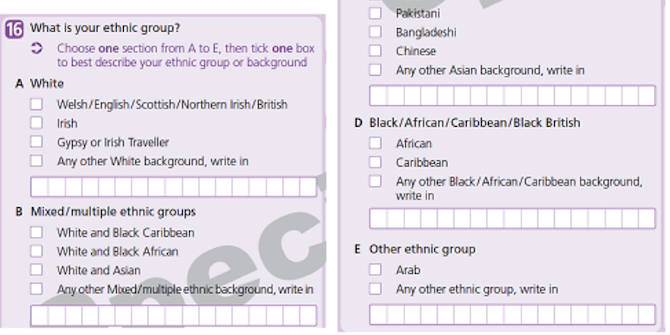Robert Trotter argues social groupings like that of the black and minority ethnic (BME) disabled are becoming increasingly complex and harder to identify. Greater understanding of these groupings are needed so policymakers carry out more informed decisions in times of austerity.
The Equalities National Council (ENC) and Scope have today published new research on disabled people from black and minority ethnic backgrounds (BME) – a group who haven’t previously been present in research and policy, and who are suffering badly from cuts to public spending. As The Guardian recently reported services for BME disabled people are being disproportionately affected by shrinking council budgets, and authorities are often neglecting to carry out thorough equalities impact assessments. Yet what we found is that the BME disabled constituency is larger and poorer than had previously been thought. Policy-makers, advocates and service providers should consider more carefully how such overlapping identities can affect, and be affected by, policy decisions.
Our original statistical analysis has shown that there are at least one million BME disabled people living in Britain – roughly one in ten of all disabled people. Yet we also know that this is likely to be a substantial underestimate. Trying to define what ‘disability’ means in survey data can be very difficult, so we’ve erred on the side of statistical caution. There may also be an under-reporting of levels of impairment in BME communities. We found there can sometimes be difficulties communicating what it means to be disabled in the medical language commonly used in Britain – as one of our participants put it: “we don’t have a word for neurological”.
The BME disabled population is also growing. Research by the Runnymede Trust and the Centre for Policy on Ageing has shown comprehensively that the BME population is both growing and, crucially, ageing. Given that there’s a huge correlation between ageing and disability, it’s very likely that there will be a powerful future link between ageing, population growth and the increasing prevalence of impairment in BME communities.
Our research has also shown that BME disabled people face enormous financial challenges in their daily lives. Nearly half of all BME disabled people live in household poverty. This means that one in two ethnic minority households with a disabled person earn less – often substantially less – than the average income in Britain. This compares with less than 1 in 5 of all households without a disabled person. Another important feature of BME disabled people’s incomes is that they tend to have a much smaller distribution. This means that there is a kind of cap on income – BME disabled people have less money, and far fewer opportunities to earn more.
In short, our research highlights how large and disadvantaged the BME population is, and ties into a bigger story about the effect of the cuts on different social groups. But it also shows the difficulty of thinking only in terms of particular ‘equalities strands’. As our population becomes more diverse and our social categories more complex, what does it mean to legislate, or even to understand, any given social group?
On what basis should a government decide to allocate scarce resources? And how, in the context of such overwhelming fiscal austerity, can we begin to get politicians to care? If we are to fully understand the effects of social policy in a time of austerity, it is vital that we pay attention to these difficult questions.
The full Scope report on Over-looked Communities is available here. Please read our comments policy before posting.
Note: This article gives the views of the author, and not the position of the British Politics and Policy blog, nor of the London School of Economics.
Robert Trotter is a research officer at Scope – a UK disability charity that supports disabled people and their families in England and Wales








3 Comments